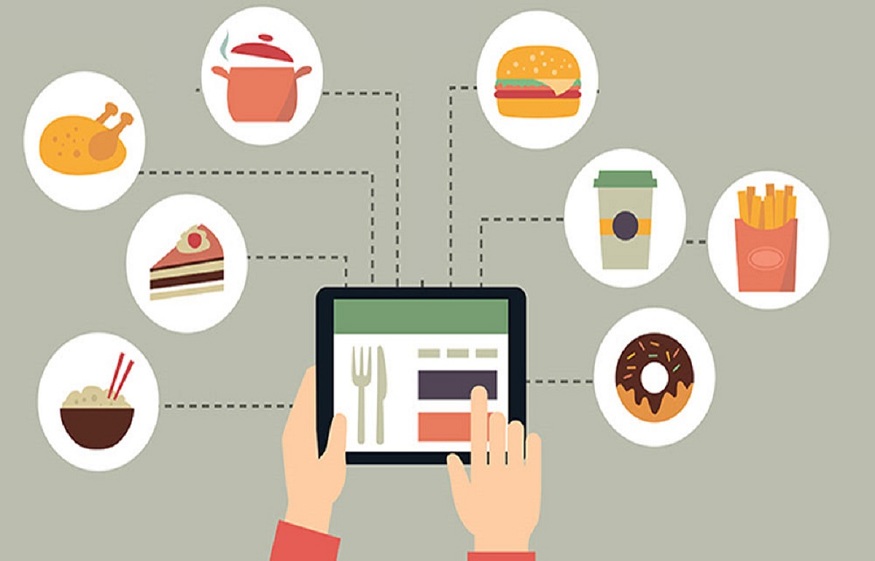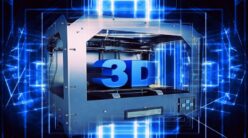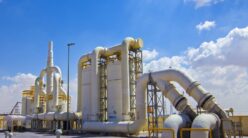When we consider the combination of AI and advanced retail analytics, the most prominent application is demand forecasting. According to a recent survey conducted by Google and BCD, businesses involved in consumer goods can achieve more than 10% revenue growth by incorporating the best demand planning software that utilizes artificial intelligence and advanced analytics.
Among all the factors, the importance of demand forecasting in driving the growth of businesses ranks first.
With the help of a demand forecasting tool, businesses can effortlessly derive actionable business insights from the data, get demand predictions for new products, gauge the effectiveness of promotions, and minimize out-of-stock and inventory losses.
Overstocked inventory means a significant inventory wastage, leading to a significant increase in working capital. For some commodities with short shelf life and seasonal product, inventory pile-ups lead to revenue losses.
Insufficient inventory can easily lead to products going out of stock resulting in missed opportunities for any business. On the other hand, since consumer demand cannot be satisfied, they will turn to competitors to buy products which can easily lead to a loss of clients.

Demand forecasting includes data and insights to predict how many consumers will buy a specific product during a specific period.
The best demand planning software uses advanced algorithms and execution processes that helps the retail business achieve stable, rapid, and sustainable development.
The “good” demand forecast includes the extensive use of internal data, external data, and industry experience, combined with AI-based advanced forecasting algorithms to provide demand forecasting results that meet the requirements with high accuracy.
In most cases, such software incorporates and utilizes internal data, including historical sales data, promotional activities, investment in advertising, traffic data, etc. Moreover, external data includes consumption trends, industry trends, and weather conditions.
Businesses only need to focus on accurately performing demand forecasting, not “how the demand forecasting is performed.” Just as one doesn’t need to understand the working principle of a car engine, but drive the car to the destination with the engine working. Businesses need to consider the improvements that can be bought using the best demand planning software to make more accurate predictions.
Thus, improving the demand prediction accuracy as much as possible by a few percentage points and then promoting more efficient operations of upstream and downstream links can help achieve significant success in business practice.
The significance of demand forecasting
For any business to check whether or not a technology or an investment is necessary enough for them, the criterion must be its ability to promote business growth.
How the best demand planning software facilitates business growth, we boil it down to two essential points: improving efficiency, reducing costs, and enhancing customer experience.
1. Cost reduction and efficiency improvement
When market competition is extremely high, the era of savage and explosive growth in any line of business is gradually passing away. Operations refinement, cost reduction, and efficiency improvements are the general trends, and for the food industry, where the gross profit margin is very low, it is even more critical.
According to a recent test on the sales data, we found that if the good’s cost is reduced by 1%, the net profit can be increased by 5% to 6%.
Today, almost every food business is looking for options to reduce costs since it’s one of the easiest methods to maximize profits.
Here are a few methods businesses can reduce costs by implementing a demand forecasting tool for the food business.
Minimize unneeded inventory capital occupancy with the help of accurate demand forecasting. When we consider guaranteed supply, the less inventory on hand, the lower the carrying cost.
Run a lean, agile business with accurate demand forecasting. Based on the current sales progress and future forecast data, one can easily judge whether they need to increase marketing and advertising investment to ensure timely completion of a sales target or whether they need to adjust the target in time to achieve better business growth.
Enhance customer experience
A good customer consumption experience will undoubtedly bring higher customer loyalty and market reputation. The most obvious one: Avoiding leaving customers empty-handed or pushing your competitors to buy similar products is among the most effective methods to please customers.
On the contrary, sales forecasts can also guide staffing and optimize scheduling for most food businesses. They don’t want customers to experience a decline because of insufficient sales staff when the floor is bustling with customers.
How the best demand planning software can help food businesses:
Now we will mention some scenarios where demand forecasting is widely used:
-
Reduce inventory amount
For food businesses with high inventory costs, sales forecasting can guide purchases and inventory planning procedures. In addition, when it comes to ensuring supply, the inventory amount and resulting costs can be further reduced.
Minimize wastage For products with a relatively shorter sales time (such as fruit, bread, and fresh food), accurate sale forecasts can guide stocking and reduce the scrap rate (not the pursuit of zero scraps) to save funds.
-
Seize sales opportunities
When we consider sales opportunities., such as festivals, events, weather changes, etc., sales forecasts can guide stocking in advance, fully grasp sales opportunities, and maximize sales.
-
Plan Procurement and replenishment
For food businesses that can produce and sell by themselves, accurate sales forecasts can also push forecast data back to the production and distribution links to guide production scheduling and logistics.
-
Guide staff allocation and optimize shift scheduling
With the help of sales forecasts based on period, businesses can easily make more reasonable data scheduling, workforce optimization, cost reduction, and ensure a seamless customer consumption experience.





